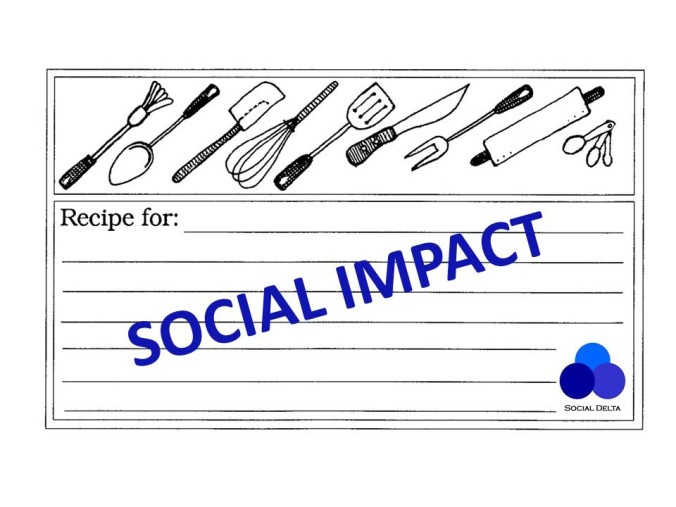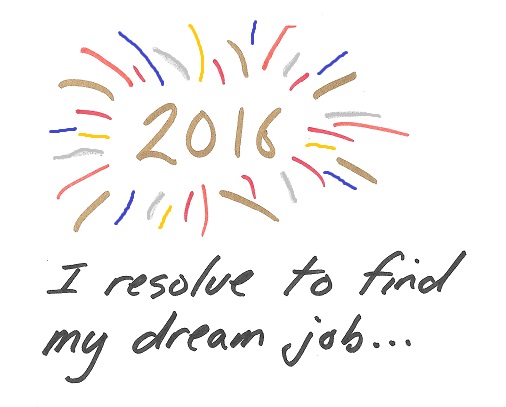Poverty & Purpose
It is no accident that some of the hotbeds of new and successful Canadian social enterprises are in specific, economically depressed regions: North end Winnipeg, Downtown Eastside Vancouver, Regent Park in Toronto, and rural Nova Scotia and Newfoundland. It is said that necessity is the mother of invention, and indeed, the needs of the population in these regions are acute and entrenched: discrimination, drug use, alcoholism, obesity, crime, unemployment, marginalization… Where there is poverty, inequality, and significant loss of livelihood there is a need to try anything; poverty creates an irrefutable purpose to develop a mechanism to arrest human suffering. Social enterprise is one such mechanism, where a business model is employed specifically to address community and human needs.
Innovation & Investment
Desperation may be a driver for change, but someone has to create an idea for the business. In my experience, social enterprise business ideas are rarely conceived by committee. More commonly, a single person is responsible for a creative social enterprise idea, and they need to then invest their time, energy and often finances to bring that idea to the market. That individual can work independently as a solo-preneur, or as an intrepreneur within government, the private sector, co-operatives or non profits. Growth and development of the idea will of course require support from many actors within these organizational structures, and even from a broader community, but innovation and investment typically starts with one person who has a dream to make life better for others.
Risk & Reslience
However, business is not easy; ask any entrepreneur. Social entrepreneurs face an increased challenge because they live in a world where success is measured in social wealth, not in financial returns. Creating a business where maximizing social benefit drives all business decisions can—and in most cases does—suppress financial returns. Risk is therefore large and the expectation of future financial wealth is optimistic at best, and frequently a myth. In the private sector, individuals and organizations assume risk on the presumption that future financial rewards will compensate them for risking their time, energy, money and social capital. Social enterprise flourishes when the innovators have a resilient constitution, and a way to accept, manage and even embrace personal losses for the sake of a common good.
Patience & Prudence
The worst part is that starting a business creates risks that last for a long time. For many individuals and organizations launching a social enterprise, the initial energy can be whittled down by a thousand tiny cuts, often over years. In my experience, social enterprises that are spearheaded by an innovator in the non-profit sector may take up to three years to launch, and perhaps five years to break even (if ever). Accepting, managing and embracing losses and risk over that length of time—all motivated by a sense of optimism and altruism—requires exemplary patience and a strong, informed, and flexible plan to succeed. A full-fledged business plan may seem excessive, but there has to be at least an understanding of the market, the risks, the operational requirements, proposed budget including both projected income and expenditures.





